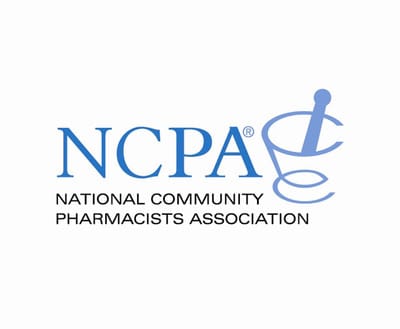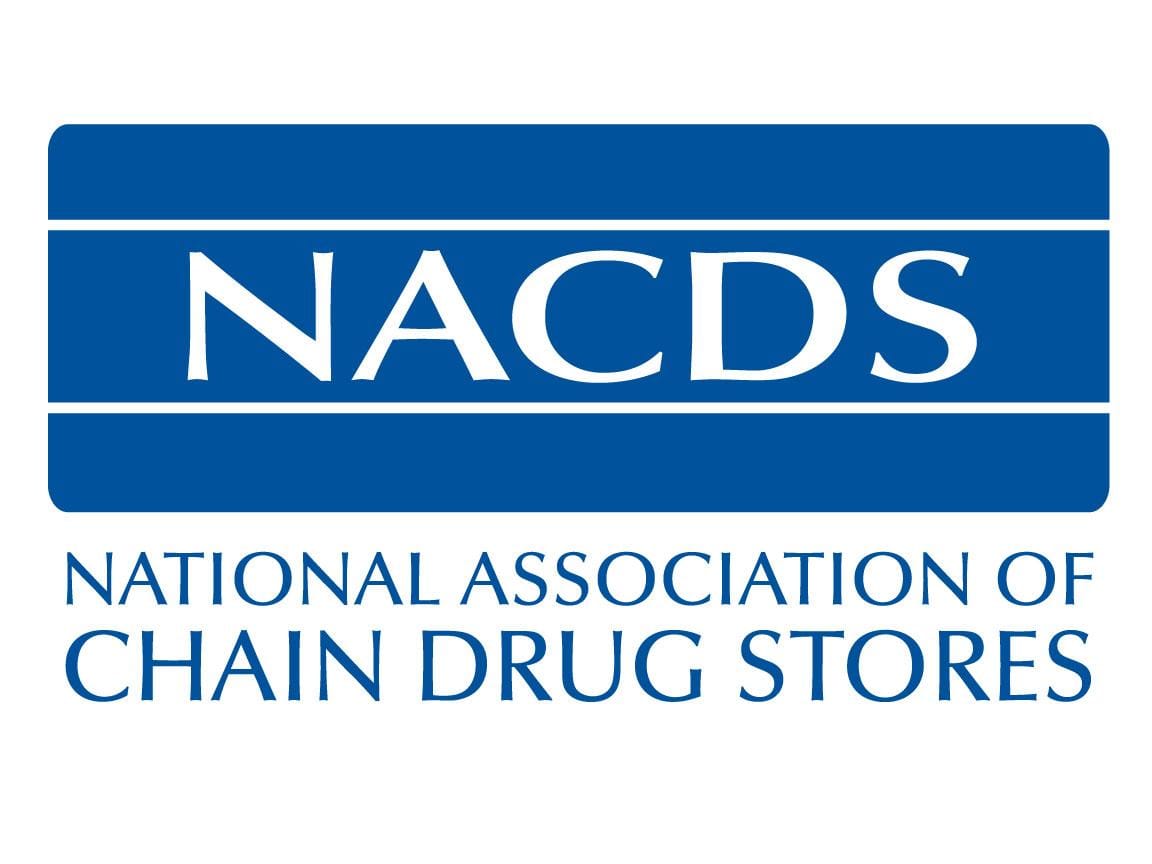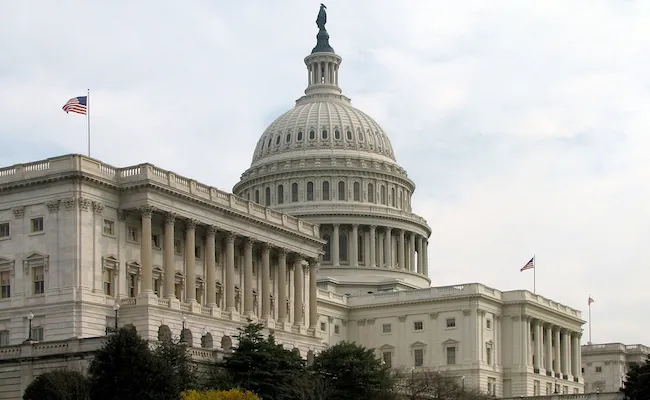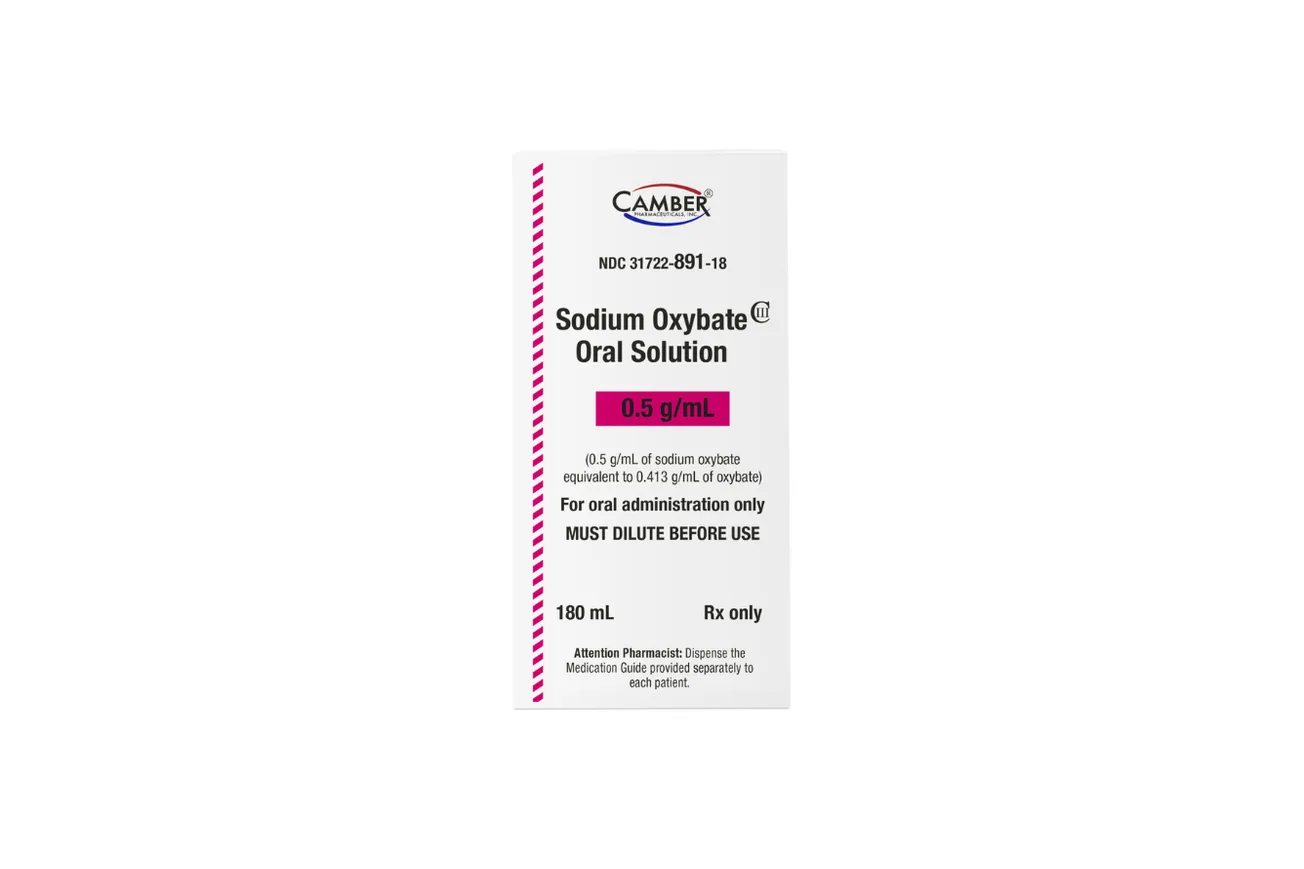ALEXANDRIA, Va. — The National Community Pharmacists Association and the National Association of Chain Drug Stores issued the following statement Thursday after a final drug pricing rule was released and failed to reform pharmacy direct and indirect remuneration fees, or pharmacy DIR:

“We are disappointed and frustrated that this final rule fails to finalize pharmacy DIR reform as proposed, to the detriment of seniors and community pharmacies. Our organizations have been joined by many pharmacists, pharmacy stakeholder groups, patient advocacy organizations, patients, and members of Congress in advocating that all pharmacy price concessions be included at the point of sale – or eliminated altogether – to provide senior patients with lower costs and pharmacies with more certainty.
“In its proposed rule the administration cited the recent 45,000 percent increase in pharmacy price concessions, an increase that is unsustainable. Pharmacies are in a tenuous situation, and our organizations are exploring all options to accomplish desperately needed reforms to pharmacy DIR. It is necessary for community pharmacies and for the benefit of seniors that this reform take effect as soon as possible.”

Pharmacy DIR fees are based on a regulatory loophole that plans have exploited to increase beneficiary drug costs. These fees are being misused by payers to claw back reimbursement to pharmacies for the prescription drugs that they provide to Medicare beneficiaries. For example, payers impose penalties for pharmacies’ alleged failure to achieve certain benchmarks – many of which are vague, undefined, inconsistent, unachievable or outside of the control of pharmacies. Misinterpretations of specific terms that are used in the Medicare program related to pharmacy reimbursement and drug pricing have led to these claw-backs, and ultimately to higher out-of-pocket drug costs for patients and increased costs for the government.
The Food Marketing Institute (FMI) also expressed disappointment over a final drug pricing rule. FMI director, Food and Health Policy, Peter Matz issued the following statement on behalf of the food retail industry:
“The Administration missed the mark and an opportunity to effectively lower beneficiary out-of-pocket costs, while also stabilizing the operating environment for retail pharmacies. Specifically, DIR fees are being used strategically by pharmacy benefit managers to recoup funds from pharmacies retroactively, often weeks or even months after prescriptions were filled. According to the proposed rule itself, these fees have increased 45,000% in recent years. And, in an industry that operates on razor-thin profit margins, supermarket pharmacies have virtually no ability to absorb these unexpected costs. FMI will be looking at all options, including congressional action, to address the anti-competitive practices that are driving up drug prices and threatening both supermarket pharmacies and the customers they serve.”








